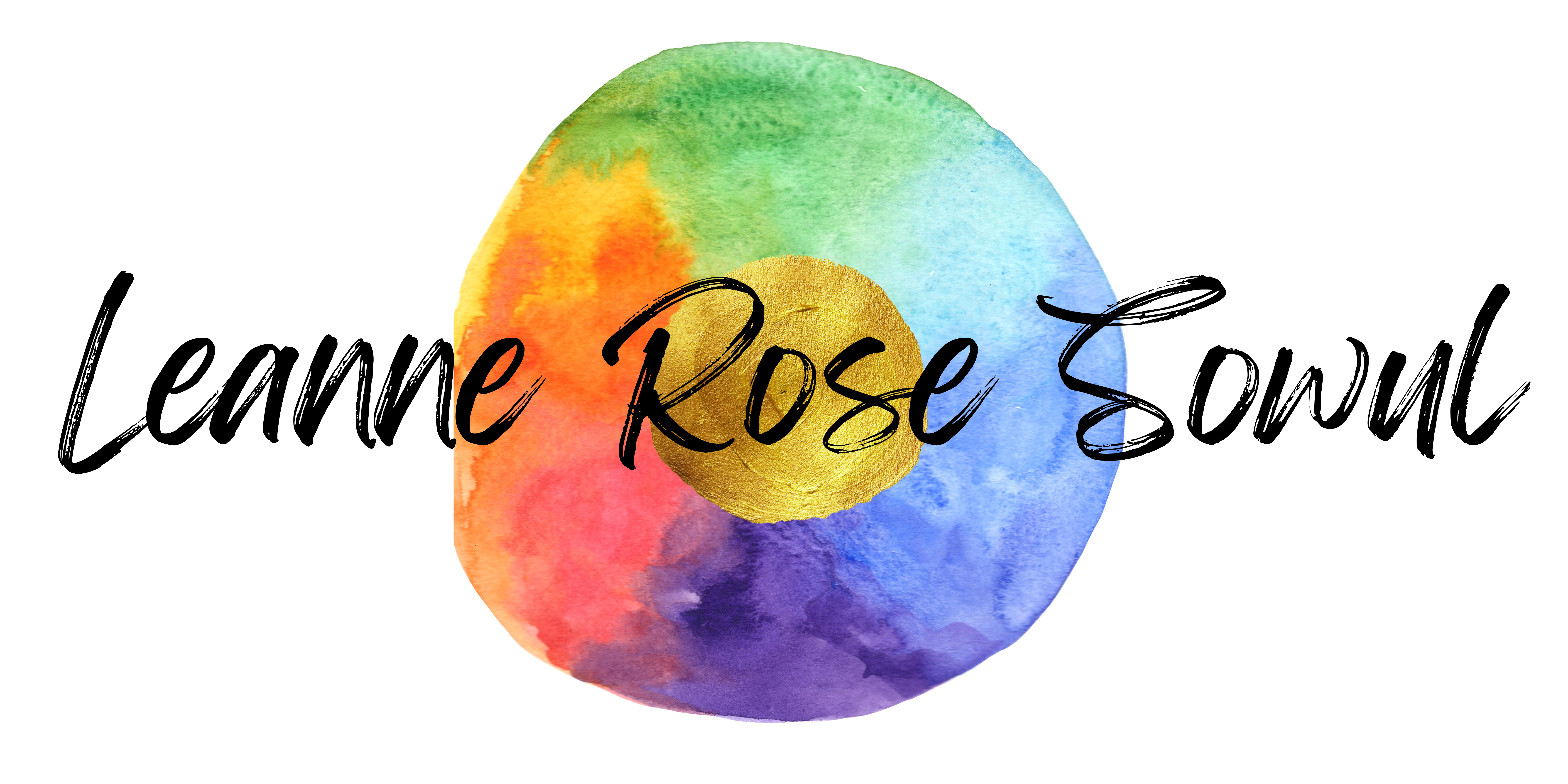As you all know, I’m very interested in the subject of time and how best to utilize it for a fulfilling life. From experts like Laura Vanderkam and Tim Ferriss, I have learned how to balance work and family priorities, how to find small pockets of time and make them productive, and how to interact with the world more efficiently. I’ve learned to see time as a limited quantity with which we can do limitless things.
Something I don’t feel gets discussed enough is the concept of time quality. All time is not created equal. On the most basic level, for most people, a free hour at 3AM doesn’t equal a free hour at 3PM. At different times of day, we may be tired, cranky, or in need of emotional support, and our ability to be productive, whether at work or home, declines.
Here’s an example of reduced quality of time due to the need to multitask. I did a time log last week to see if I was spending enough time on my priorities. One thing I noticed right away was that I do have significant pockets of time while Edwin is awake but doesn’t need me, mostly when he’s playing in his playpen (which he loves doing multiple times per day). I thought to myself, “Great! I’ve found more time to spend on my writing projects.” But in practice, I found that those hours aren’t as productive as the time I spend writing while Edwin is asleep. This is because I find writing so absorbing that I have a hard time splitting my focus while he’s awake, even just to keep an ear out or occasionally look up from the screen. I have a hard time getting lost in the words when I know those babbles could turn to fussing any moment. On the other hand, when he’s asleep, I’m not worrying about him, and I work better. Yes, I know he’ll wake up eventually, but that’s such an obvious cue that it pulls me out of my writing trance instantly.
Time quality can also be reduced by emotional state. For example, if you just learned that your beloved grandparent needs major surgery, or that your friend’s house was robbed last night, your emotional state may not be conducive to productivity. When I’m anxious or disturbed about something, the way I manage my time changes completely. First I work frantically, hoping to lose myself in my efforts, and then I crash and need to do something to distract myself, such call a friend or watch mindless television. If a major emotional crisis disrupts your life, such as a death or a divorce, it can take weeks, months or even years to get back the same quality of time you once had. (This is why we have therapists, The Office, and cookie dough.)
Understanding time quality can also help us to find the best time to do things. If you recognize that your working time quality is decreased after 6PM due to mental exhaustion, perhaps that’s a good time to schedule a mindless but still productive evening walk. Conversely, if you’re intensely energetic between the morning hours of 9-11, that’s the best time to schedule your highest-priority work, whether it’s a writing project, an interview, or time with family.
Do you manage your time based on its quality? How do you think you could use the concept of time quality to help you meet your life goals and priorities? If you are experiencing an emotionally difficult time, what can you plan that will help you get through it?
There may be hope for multitasking. I wrote this post in between three separate attempts to get my son to take a nap. In between, I sat him on my lap as I typed, set up a DVD for him to watch, and returned the pacifier to his mouth multiple times. As for the hour I wasted attempting to get him to sleep? I guess we’ll just file that as quality time with baby.


One thought on “All Time Is Not Quality Time”